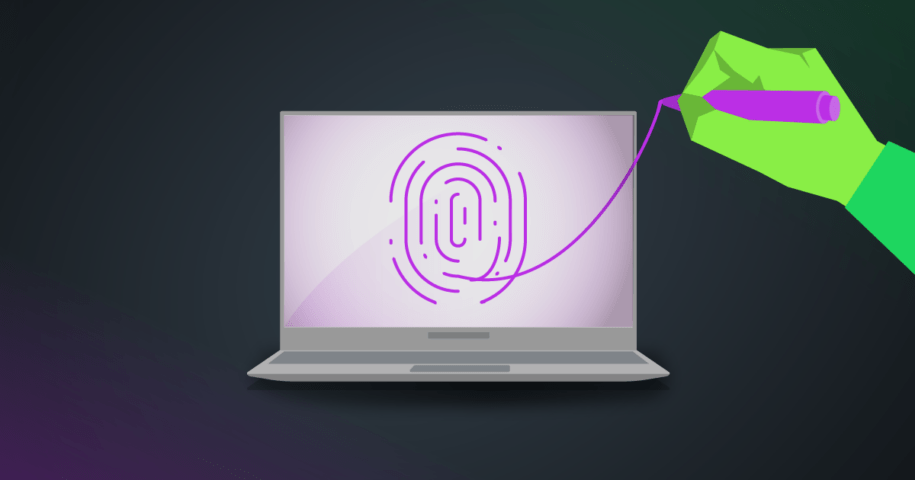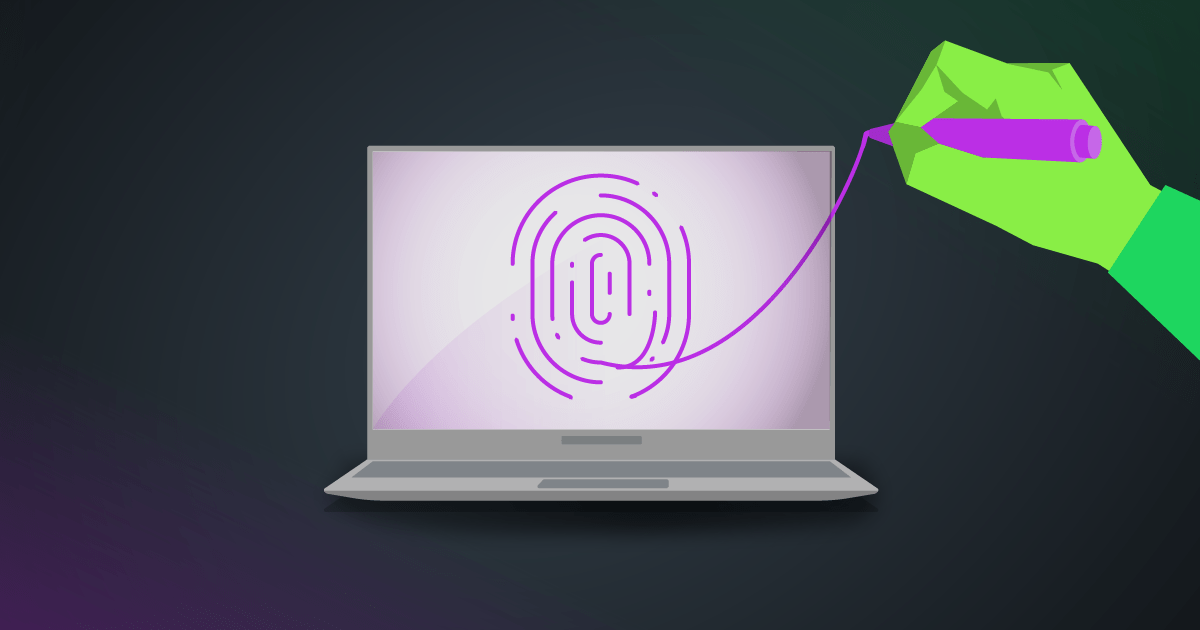In the fast-paced realm of software development, digital signing stands as a cornerstone for ensuring the integrity and security of applications. As we delve into the state of digital signing in 2024, it’s crucial to explore its evolution, its significance for software vendors, the diverse types available today, and recent advancements shaping its trajectory.
History of Digital Signing and Its Importance for Software Vendors
Digital signing’s origins lie in the necessity for secure digital communication and transactions. It provides a method to authenticate the origin and integrity of digital documents, software, and data. For software vendors, digital signing acts as a mark of authenticity, assuring users that the software they install is genuine and unaltered. In today’s cyber-threat landscape, digital signing plays a pivotal role in safeguarding against malicious activities such as unauthorized modifications and distribution of counterfeit software. By digitally signing their applications, software vendors instill trust among users, mitigate security risks, and uphold the credibility of their products. Many regulatory frameworks and industry standards mandate the use of digital signing for software distribution to comply with security and integrity requirements. By instilling confidence in the authenticity of installers, digital signing contributes to a positive user experience, fostering trust and satisfaction among end-users.
Recent years have witnessed a notable shift from traditional certificate-based methods to hardware-based solutions for digital signing. Hardware Security Modules (HSMs) have gained prominence for securely storing cryptographic keys and executing signing operations in tamper-resistant environments. By leveraging HSMs, organizations enhance the security of their digital signing processes, guarding against key compromise and unauthorized access.
Enhancements in InstallShield:
At the forefront of software installation solutions, InstallShield is committed to empowering developers with flexible and robust digital signing capabilities. Introducing a new feature called ‘Custom Signing’ alongside support for Hardware Security Modules (HSMs) and Extended Validation (EV) signing, InstallShield offers developers unprecedented flexibility and security in their signing workflows.
With Custom Signing, developers are liberated from the constraints of built-in signing capabilities, enabling them to integrate any signing tool of their choice seamlessly. Whether opting for preferred code signing certificate providers or specialized signing solutions, developers can leverage InstallShield to streamline the signing process while maintaining control and flexibility.
Furthermore, InstallShield’s support for HSMs and EV signing reinforces the security posture of digital signing operations, providing developers with the assurance of industry-standard security practices and compliance requirements.
As we navigate the dynamic landscape of digital signing in 2024, its continued evolution underscores its enduring importance in software development and cybersecurity. From its historical roots to its current advancements and future prospects, digital signing remains indispensable for fostering trust, security, and integrity in the digital domain. With innovations like Custom Signing and HSM support in InstallShield, developers are empowered to embrace cutting-edge signing practices, fortifying their software deployments with enhanced security and reliability.




